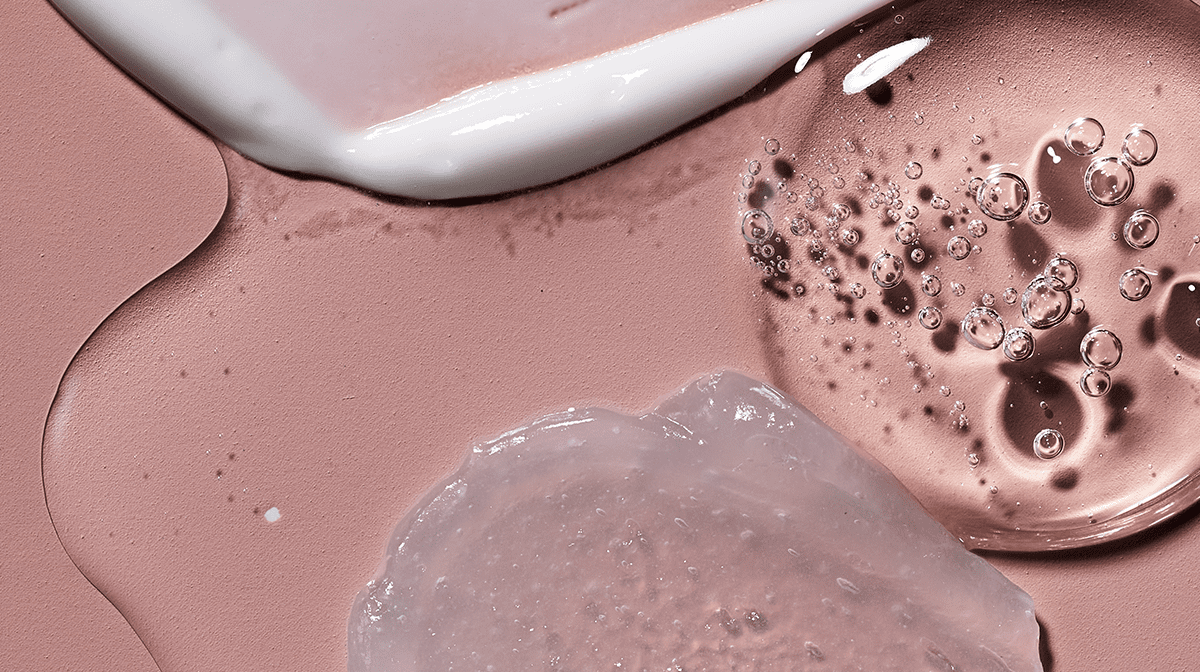The skincare world loves a buzzword, but peptides are more than just a fleeting trend. Praised by dermatologists and formulators alike, peptides are now featured in serums, moisturizers, and even masks—often marketed as the secret to firmer, youthful-looking skin.
But what exactly are peptides, and do they really deliver on their anti-aging promises? Let’s uncover the truth.
What Are Peptides?
Peptides are short chains of amino acids, the building blocks of proteins. In skincare, they act as messengers, signaling the skin to produce more of what it naturally loses with age—like collagen, elastin, and keratin.
-
Collagen peptides help improve skin firmness and reduce wrinkles.
-
Signal peptides stimulate repair and renewal.
-
Carrier peptides deliver essential minerals to the skin, enhancing overall health.
How Peptides Support Anti-Aging
-
Boost Collagen Production
As we age, collagen levels decline, leading to sagging and fine lines. Peptides help stimulate the skin’s natural repair system, encouraging collagen synthesis. -
Improve Skin Elasticity
By supporting elastin production, peptides keep skin more supple and resilient. -
Reduce Wrinkles and Fine Lines
Clinical studies show that consistent peptide use can visibly soften expression lines. -
Strengthen the Skin Barrier
A healthy barrier locks in moisture and defends against environmental damage—essential for youthful-looking skin.
The Science Behind Peptides
Peptides aren’t just hype. Multiple studies have confirmed their role in improving skin firmness, hydration, and smoothness over time. Unlike retinoids or strong acids, peptides are gentle and well-tolerated, making them suitable for most skin types, including sensitive skin.
However, effectiveness depends on:
-
Formula quality (stable peptide blends, correct concentrations)
-
Delivery system (encapsulation, supporting ingredients)
-
Consistency of use (visible results take weeks, not days)
How to Use Peptides in Your Routine
-
Layering: Apply peptide serums after cleansing and before heavier creams.
-
Pairing: Combine with hydrating ingredients like hyaluronic acid for enhanced absorption.
-
Protection: Always follow with SPF during the day to protect the skin’s repair work.
Peptides play well with most other actives, including Niacinamide and Vitamin C, making them versatile in modern routines.
Halal Perspective: Are Peptides Permissible?
Peptides used in skincare are typically synthetic or plant-derived, which makes them halal-friendly. The concern arises only if they are sourced from animal byproducts. At Purelab Care, we verify each raw material through strict third-party validation to ensure halal compliance, safety, and integrity.
The Bottom Line
Yes, peptides really do work—but like all skincare actives, results depend on the quality of the formulation and consistent use. They aren’t an overnight miracle, but over time, they can help strengthen, firm, and rejuvenate the skin.
At Purelab Care, our approach ensures every peptide-based formula is crafted to the highest scientific and halal standards—delivering results you can trust without compromise.



